January
Restoring nature equitably
- News
- Homepage
- Zukunftsblog
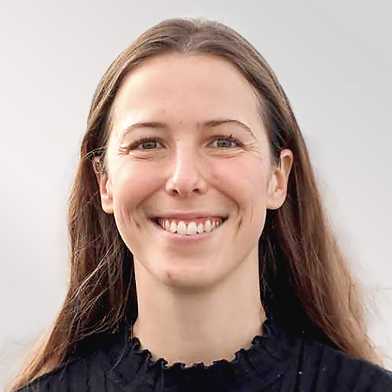
Efforts to restore degraded ecosystems have so far fallen short of meeting global targets. Sound restoration must better incorporate social processes promoting equity in order to effectively benefit people, climate and biodiversity, says Sara Löfqvist.
Researching, learning and adapting
- News
- Homepage
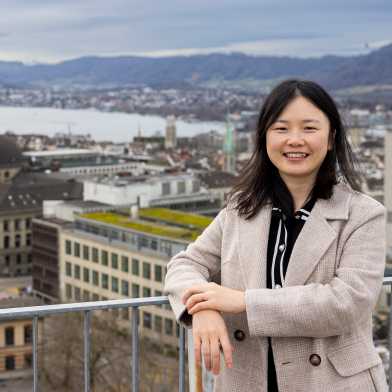
One of the greatest unknowns in climate change is the question of how particulate matter affects clouds. Yu Wang is using machine learning and satellite data to investigate the surprising role of these tiny particles in the atmosphere.
Alien plant species are spreading rapidly in mountainous areas
- News
- Homepage
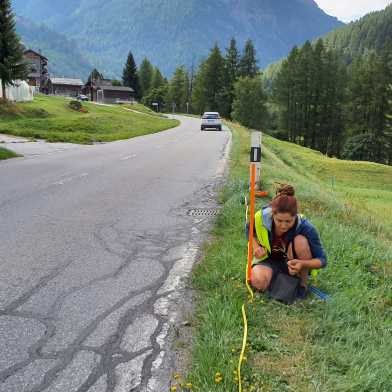
Until now, mountain regions have been largely spared from biological invasions. But a new monitoring study shows that alien plants are spreading rapidly to higher altitudes along transport routes worldwide.
Hope for patients with a severe rare disease
- News
- Homepage

New research offers potential benefits for those affected by the hereditary metabolic disease methylmalonic aciduria. By combining the results of multiple molecular analyses, scientists can better diagnose this rare and severe disease. In the future, an improved understanding of the disease might also improve treatment options.
"This was the first time I failed so terribly"
News

After failing a physics exam, Master's student Agon Besimi had one more chance to stay at ETH. The support of his family was his biggest source of inspiration to persevere.
The man who thinks big
- News
- Homepage
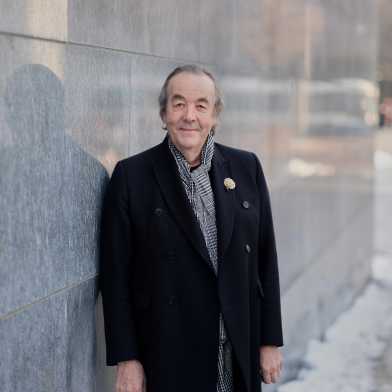
Christophe Girot brought landscape architecture into the digital world and taught a generation of architects how to think on a larger scale. After more than 20 years as an ETH Professor, he is now retiring.
Visit of the President of the Republic of Korea to ETH Zurich
News
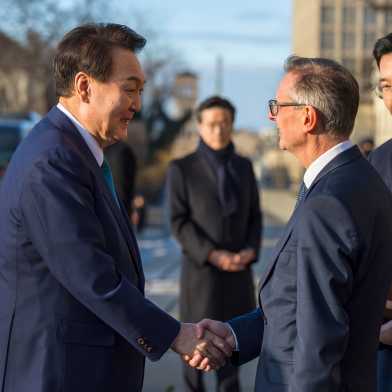
The 19 January visit of Yoon Suk Yeol, President of the Republic of Korea, to ETH Zurich focused on Quantum Science.
Special drone collects environmental DNA from trees
News
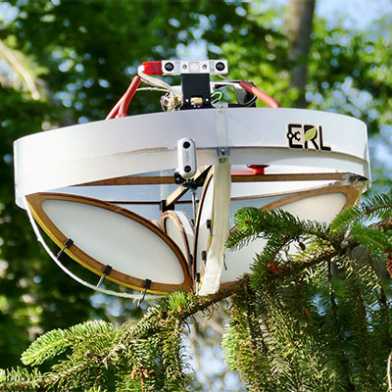
Researchers at ETH Zurich and the Swiss Federal research institute WSL have developed a flying device that can land on tree branches to take samples. This opens up a new dimension for scientists previously reserved for biodiversity researchers.
From molecules to organisms
Globe magazine

How did life on Earth first emerge? And how was it able to prosper and evolve? ETH researchers are involved in the quest to find answers to these fundamental questions.
"Step out of your comfort zone"
News
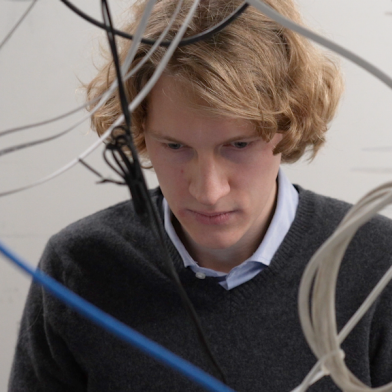
In the latest episode of the “Student Stories” series, doctoral student in physics Lorenzo Graziotto talks about the biggest difference between studying and researching, and why he thinks it’s his duty to step out of his comfort zone.